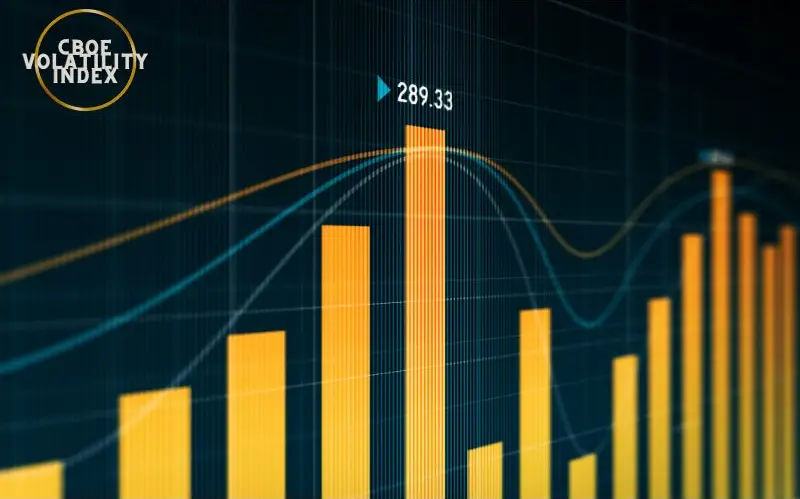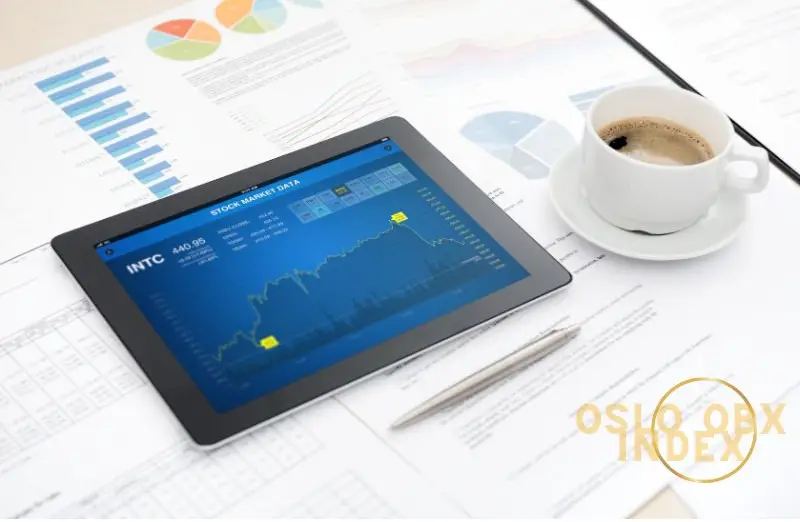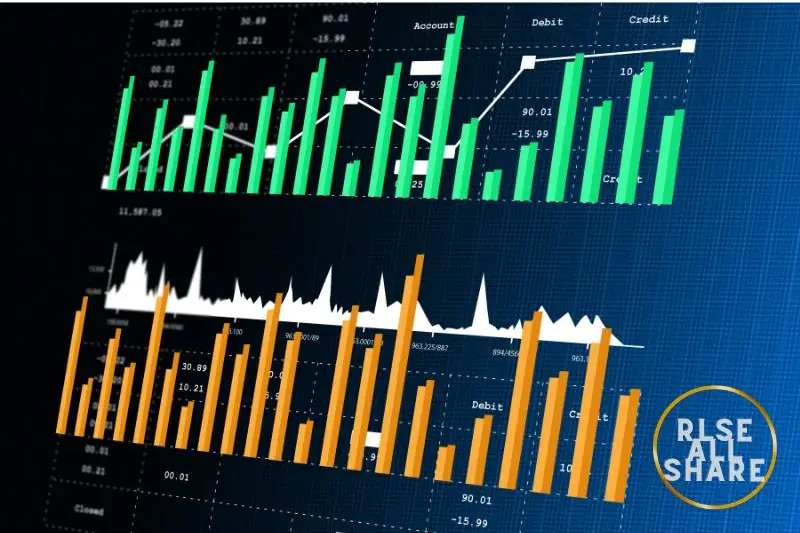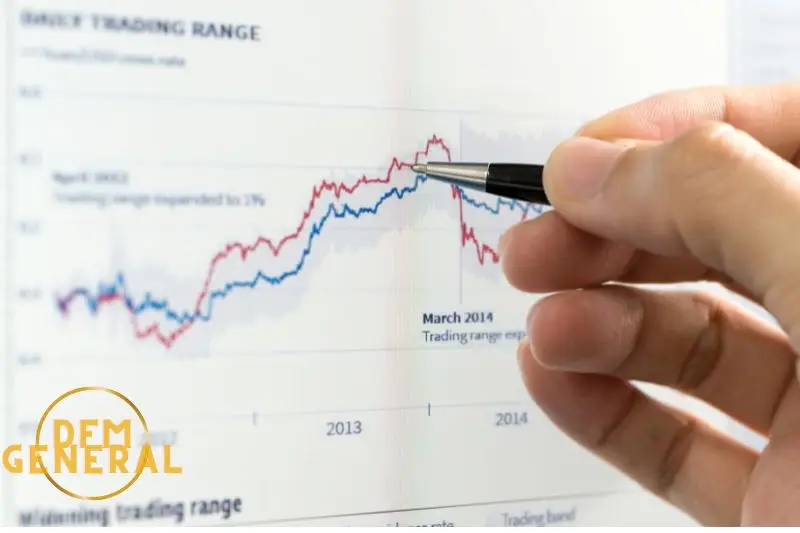Are you ready to dive into the exciting world of the Australian stock market? Discover why it plays a crucial role in the country’s economy and offers countless opportunities for investors.
The Australian stock market, also known as the ASX (Australian Securities Exchange), is one of the largest and most advanced markets in the Asia-Pacific region. It provides a platform for companies to raise capital, investors to buy and sell shares, and plays a vital role in driving economic growth.
Some of the key stock indices in Australia include the ASX 200, which tracks the performance of the top 200 companies listed on the ASX by market capitalization, and the All Ordinaries Index, which includes nearly 500 of the largest companies listed on the exchange.
Whether you’re a seasoned investor or just starting out, understanding and keeping up with the Australian stock market can help you make informed decisions and potentially grow your wealth. Stay tuned for more insights and updates on this dynamic market!
How Does the Stock Market Work in Australia
In Australia, the stock market operates through the Australian Securities Exchange (ASX), where investors can buy and sell shares of publicly listed companies. The stock market works by matching buyers and sellers to facilitate the trading of stocks.
To invest in the stock market in Australia, individuals need to open a brokerage account with a licensed broker. They can then place orders to buy or sell shares through the broker’s platform. Investors can choose from a wide range of stocks listed on the ASX, including large-cap companies, small-cap companies, and exchange-traded funds (ETFs).
Some major stocks that generate profit in Australia include:
- BHP Group Limited (BHP) – A global resources company engaged in the exploration, development, and production of minerals like iron ore, copper, and coal.
- Commonwealth Bank of Australia (CBA) – One of the Big Four banks in Australia offering banking, financial, and wealth management services.
- Woolworths Group Limited (WOW) – A retail company operating supermarkets, liquor stores, and general merchandise stores across Australia.
- Cochlear Limited (COH) – A medical device company known for its cochlear implants that help people with hearing loss.
- CSL Limited (CSL) – A biotechnology company specializing in plasma-based therapies for treating diseases like hemophilia and immune deficiencies.
Investing in the stock market carries risks as stock prices are subject to market fluctuations. It is essential for investors to conduct thorough research on companies before investing and diversify their portfolios to manage risk effectively.
What is the benefits of buying stocks in Australia
Investing in the Australian stock market can offer several benefits for investors. Some of these benefits include:
1. Diversification: By investing in Australian stocks, investors can diversify their portfolio and reduce risk by spreading their investments across different industries and sectors.
2. Potential for growth: The Australian economy has shown steady growth over the years, providing opportunities for companies listed on the stock exchange to increase their value and generate returns for investors.
3. Dividend income: Many Australian companies pay dividends to their shareholders, providing a source of passive income for investors.
4. Access to global markets: Investing in Australian stocks can also provide exposure to international markets, as many Australian companies have operations overseas.
When investing in the Australian stock market, there are some tips and takeaways that investors should keep in mind:
1. Do thorough research: Before investing in any stock, it is important to research the company’s financial health, performance history, and future prospects.
2. Diversify your portfolio: Spread your investments across different industries and sectors to reduce risk and increase potential returns.
3. Monitor your investments: Keep track of how your investments are performing and be prepared to adjust your portfolio as needed based on market conditions.
4. Consider seeking professional advice: If you are new to investing or unsure about where to start, consider seeking advice from a financial advisor or investment professional.
In conclusion, investing in the Australian stock market can be a rewarding experience for investors looking to grow their wealth over the long term. By following these tips and staying informed about market trends, investors can make informed decisions that align with their financial goals.
The main stock indices in Australia
Stock market indices are used to measure and report the performance of a group of stocks in a particular market. In Australia, some of the most important stock market indices include the S&P/ASX 200, which tracks the top 200 companies listed on the Australian Securities Exchange (ASX), and the All Ordinaries Index, which includes around 500 of the largest companies listed on the ASX.
These indices are regulated by the Australian Securities and Investments Commission (ASIC), which is responsible for overseeing the financial markets in Australia. ASIC ensures that the stock market indices are calculated accurately and that any changes or adjustments to the indices are made in a transparent and fair manner.
One key takeaway is that stock market indices play a crucial role in providing investors with an overview of how a particular market or sector is performing. By tracking the performance of these indices, investors can make informed decisions about their investments and assess overall market trends.
Another takeaway is that regulation by organizations like ASIC helps to maintain trust and integrity in the financial markets. By ensuring that stock market indices are calculated and reported accurately, regulators help to prevent fraud and manipulation that could harm investors and undermine confidence in the market.
In conclusion, stock market indices are important tools for investors to gauge market performance, and regulation by entities like ASIC helps to ensure transparency and fairness in how these indices are calculated and maintained in Australia.
Recap: The stock market in Australia
The stock market in Australia has experienced steady growth over the years, with many companies seeing increases in their stock prices. This growth can be attributed to a strong economy and stable political environment in the country.
Investors have been drawn to the Australian stock market due to its resilience during times of global economic uncertainty. The market has shown a consistent performance, making it an attractive option for both domestic and international investors.
One notable aspect of the Australian stock market is the presence of a diverse range of industries, including mining, finance, healthcare, and technology. This diversity helps mitigate risk and provides opportunities for investors to diversify their portfolios.
Overall, the stock market in Australia presents a promising investment opportunity for those looking to grow their wealth over the long term. With solid fundamentals and a track record of success, it continues to be a key player in the global financial landscape.




























































